Today’s readings
The hard part about reading from our Lectionary is that, while it is very good, sometimes the little bits we get of the story aren’t really enough for us to understand, or at least to fully appreciate, what is going on. That’s the case, I think, with today’s first reading. So bear with me a bit to summarize the story so far.
Saul has been king of Israel for some time, but, like a lot of the kings of Israel, God wasn’t pleased with him. In fact, God rejected Saul and sent Samuel out in search of Saul’s successor. Samuel comes to Jesse in Bethlehem, because God has told Samuel that the Lord’s anointed will be found among Jesse’s sons. Now you may know this part of the story. Jesse presents to Samuel his oldest son, who is handsome and rugged in appearance, a guy who really looks like he could lead a people. Saul is all set to anoint him king when God tells him to forget it; that isn’t the one he has chosen. God says that even though this son – Eliab – looks like a king to Samuel, it’s not Samuel’s judgment that really matters here. So Jesse presents his other sons, one by one, and Samuel finds that God hasn’t chosen any of them. Then Jesse remembers his youngest son, David, out tending the flocks. When he is brought in, the Lord instantly confirms the choice and Samuel anoints him as king.
So that’s how David was chosen. But the problem is, Saul is still alive. And apparently he wasn’t copied in on the memo about David being the Lord’s anointed one – clearly he wasn’t too happy about it. So Saul, who is by now not just disfavored by God, but also a little insane, makes it his life’s work to hunt David down and kill him. In the chapters that follow there are a couple of nice interludes of hope, including some efforts to work together (mostly on David’s part), and a strong friendship between David and Saul’s son Jonathan. But that’s about it. For the most part, the remainder of that first book of Samuel is taken up by Saul trying to kill David.
Which brings us to the story we have in today’s first reading. Saul gathers up three thousand men and goes on a David hunt. David is accompanied only by his friend and faithful companion Abishai. When they get to the desert of Ziph, Saul decides to make camp there, and thrusts his sword into the ground. Thrusting his sword into the ground is the king’s way of signifying where his tent would be pitched. After this is done, they all take a little siesta. This, then, is how David and Abishai find Saul and his men, and they walk right into the camp.
We are told here that God has put Saul and his men into a “deep sleep.” The Hebrew here refers to the same kind of deep sleep that Adam was put in when God took out one of his ribs to create the woman. Saul and his men are positively anesthetized such that David and Abishai can walk among them and have a conversation. So here we are: David and Abishai are standing right over Saul, with Saul’s spear stuck in the ground next to him. Clearly the best military decision would be to allow Abishai to thrust the spear into Saul and put an end to all this foolishness. But – and this is the whole point of this story that I have prolonged for you – instead, David in his wisdom prevents Abishai from doing that, and they take away the king’s spear and water jug. Now, understand that taking the spear was an act that would greatly humiliate Saul, but at least he got to live. And not only that, David gave the spear back.
David, who had been stalked and tormented and relentlessly pursued by Saul for a long time, could have put an end to it right then and there. But instead he chose to become an icon of God’s mercy. This is such a remarkable story that it fully turns the universe upside-down. The word “anointed” has the same root as “Christ.” Saul was the Lord’s anointed, but he blew it. Now David is the Lord’s anointed, and his actions are so beautiful that the point the way to the Anointed One, Jesus Christ.
And today, Jesus speaks to all of us, we who also are anointed with the Holy Spirit in the image of Jesus Christ. We too are expected, just like David and Jesus, to be icons of the Lord’s mercy. We are expected to love our enemies, do good to those who hate us, bless those who curse us, and pray for those who mistreat us. If someone strikes us on one cheek, we are told to turn and offer the other. If someone takes our coat, we are to offer the underwear also. If someone borrows from us, we are not to expect a return. This is not “woke Jesus,” friends, this is the Gospel.
Indeed, all of today’s Liturgy of the Word has to make us bristle a bit. After all, we have a right to be well-treated. We have a right to respect. We have a right to do business the way we want to do it. We have the right to punish those who treat us poorly. We have the right to strike back when violence is done to us. We are entitled people, for heaven’s sake, so what right does Jesus have to tell us to be merciful?
Perhaps we entitled ones can take a little solace in today’s Gospel. After all, there it is – the Golden Rule: “do unto others as you would have them do unto you.” And hey, that only seems fair. We can certainly all get on board with that. That seems to level the playing field and let us all still be entitled people. And yeah, Jesus says, that’s a good start. But disciples are expected to do more. For disciples, the playing field isn’t supposed to be level, it’s supposed to be turned completely upside-down.
But rather, love your enemies and do good to them,
and lend expecting nothing back;
then your reward will be great
and you will be children of the Most High…
Why on earth should we do something this counter-intuitive? This completely unentitled? Well, Jesus tells us, because God himself is “kind to the ungrateful and the wicked.” Who on earth is he talking about? Well, I would have to say that I am blessed, and often I take those blessings for granted or don’t even appreciate them. I guess that makes me ungrateful. And sometimes I turn away from the path that God has marked out for me. And that would make me wicked. But I certainly can’t deny that God has been kind to me. After all, he has called me to be a priest – the best thing I have ever done in my life. And then he sent me to this wonderful place, with people who have been welcoming and loving and challenging. And that’s just one area of my life where I’m blessed – there are lots more. So I got to thinking, maybe I’m not so entitled after all. Maybe – even in my ungratefulness and wickedness – just maybe I’m graced by the God who is mercy itself.
Here’s a good way to pray with this during the coming week. In your reflection time, ask, “How have I been blessed?” Have I ignored my blessings and been ungrateful and wicked? Has God been kind to me anyway? Am I ready to let the universe be turned upside down and give up my entitlement in favor of being an icon of God’s mercy?
What would it look like for all of us to love our enemies and do good to them, to lend and expect nothing back? … Well, I guess it would look something like that (indicate the Cross).
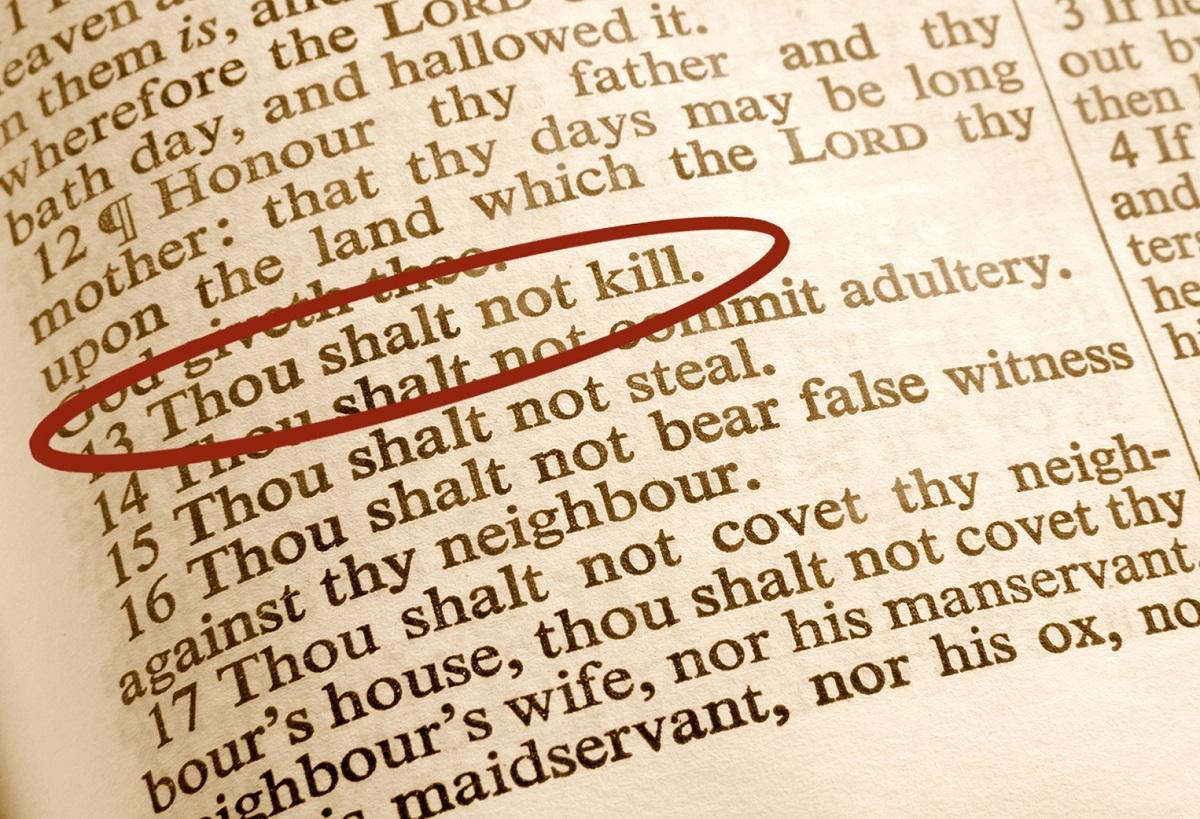

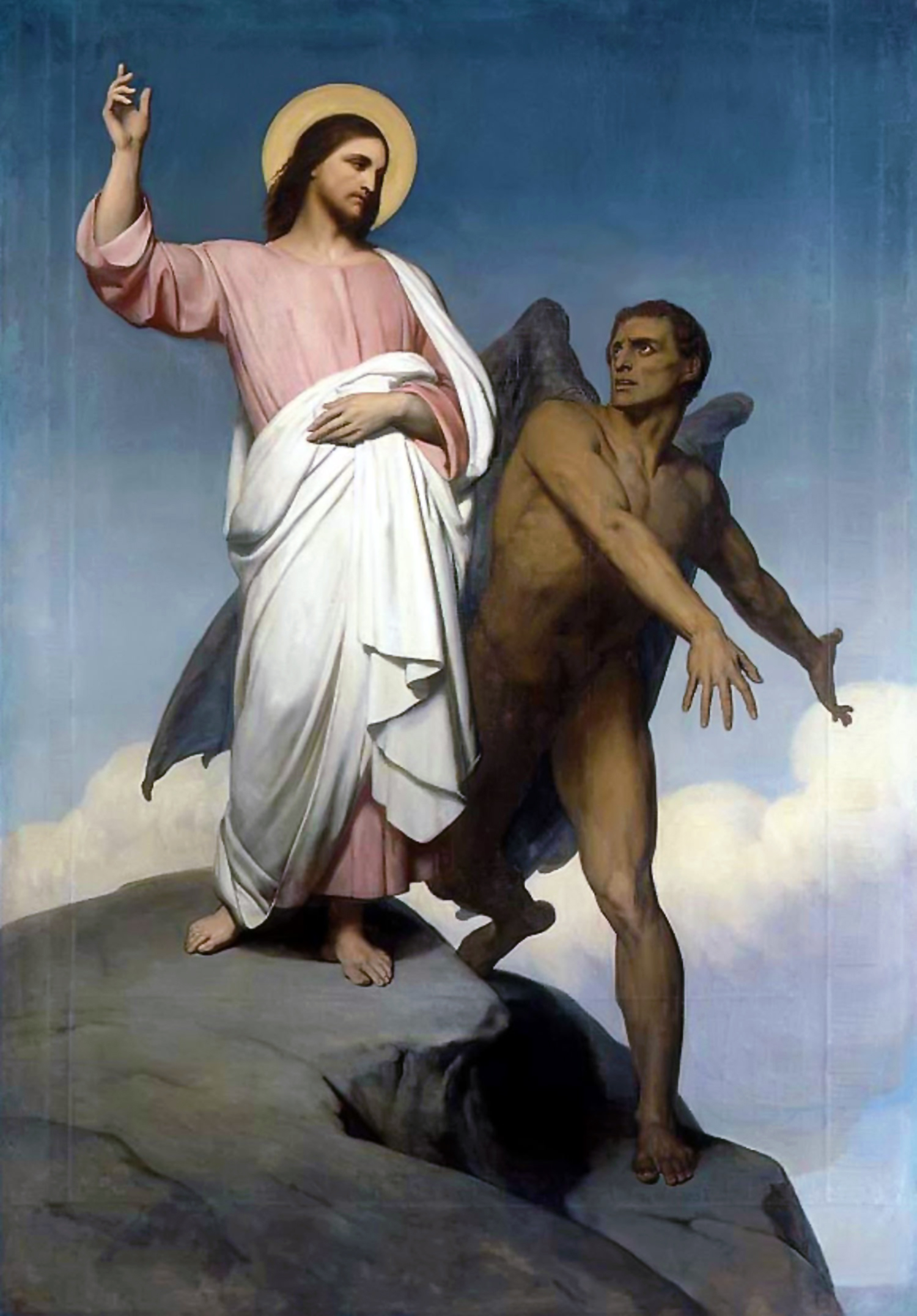

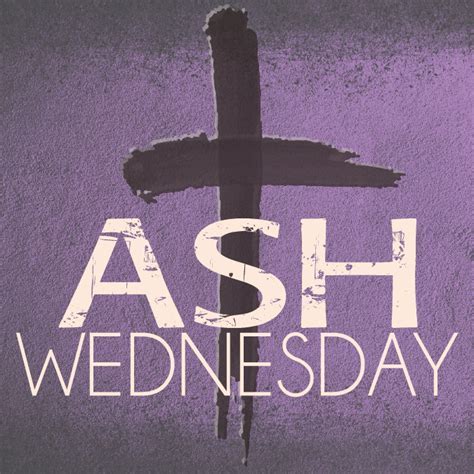
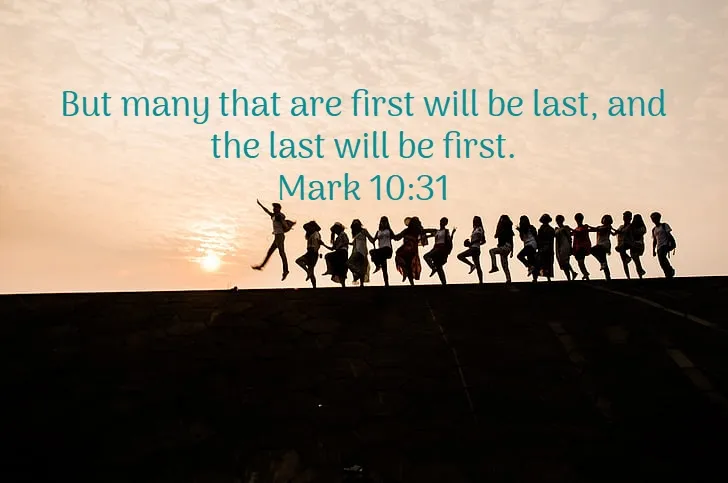
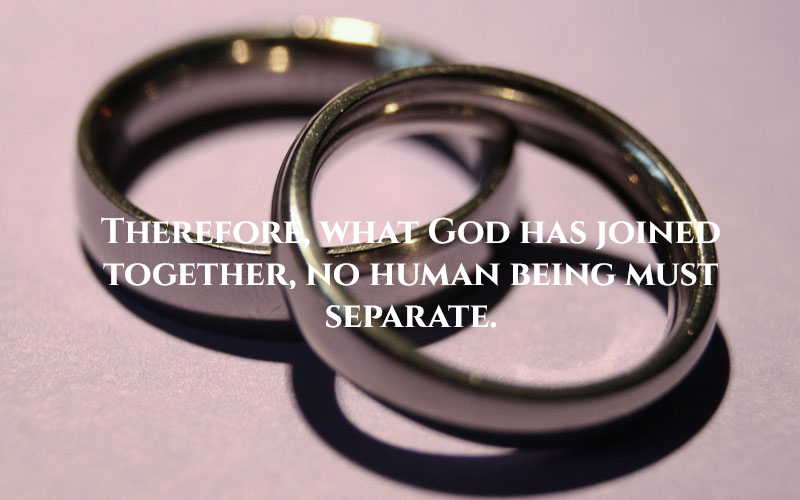
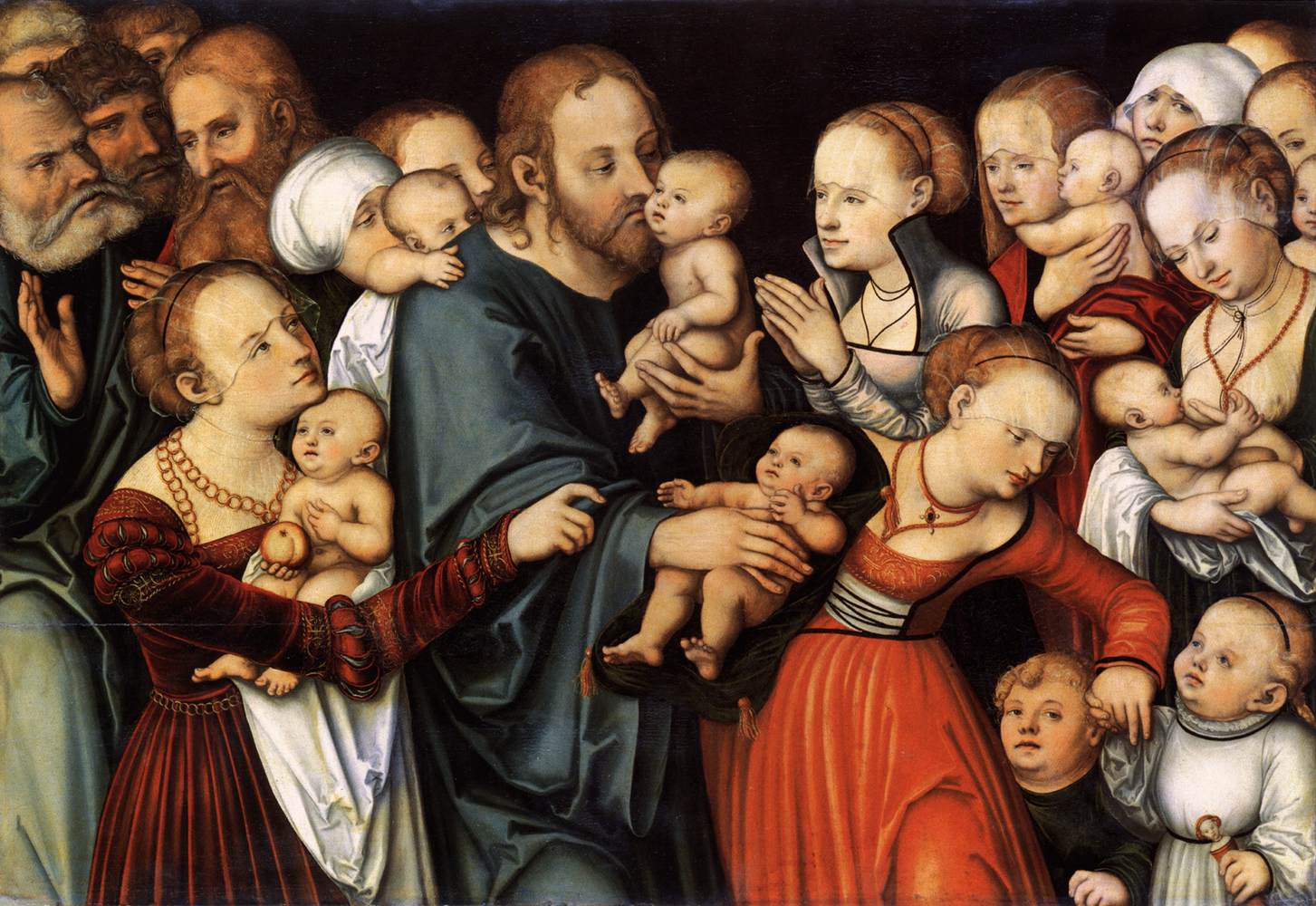
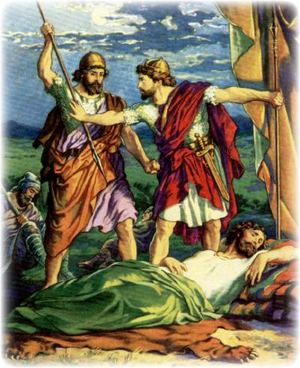
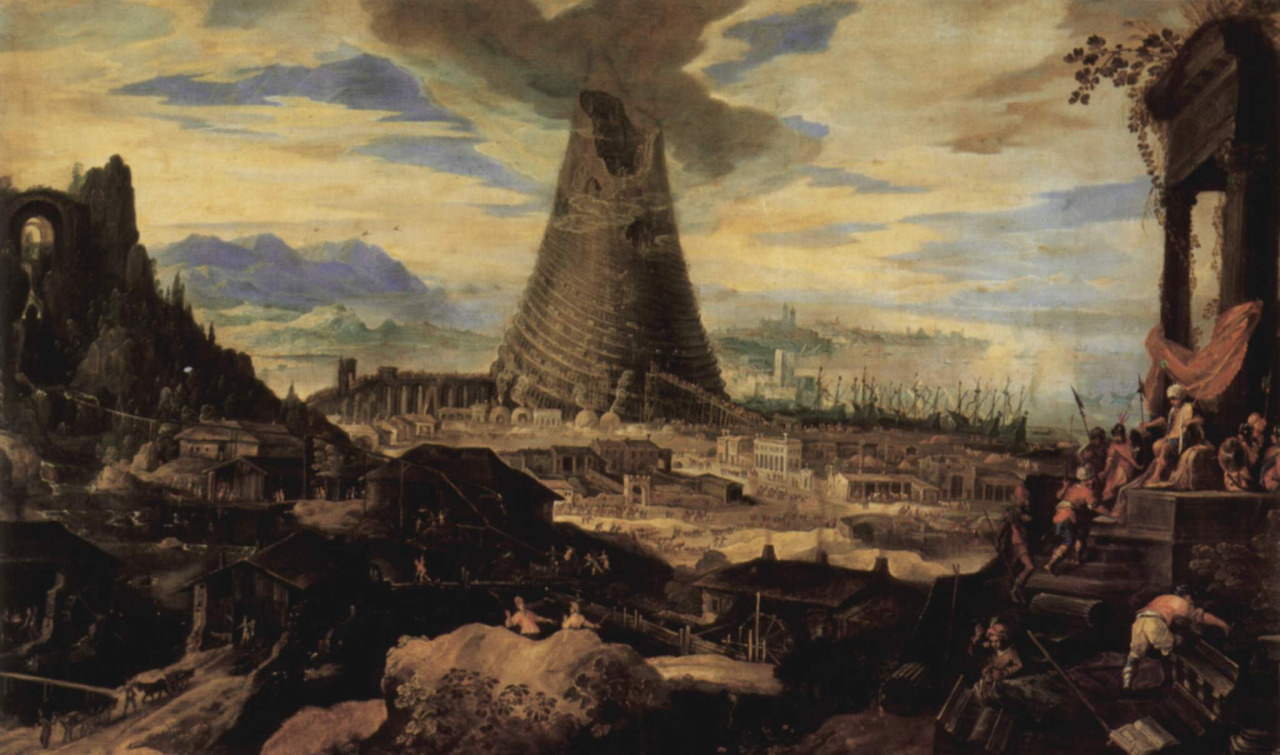
You must be logged in to post a comment.